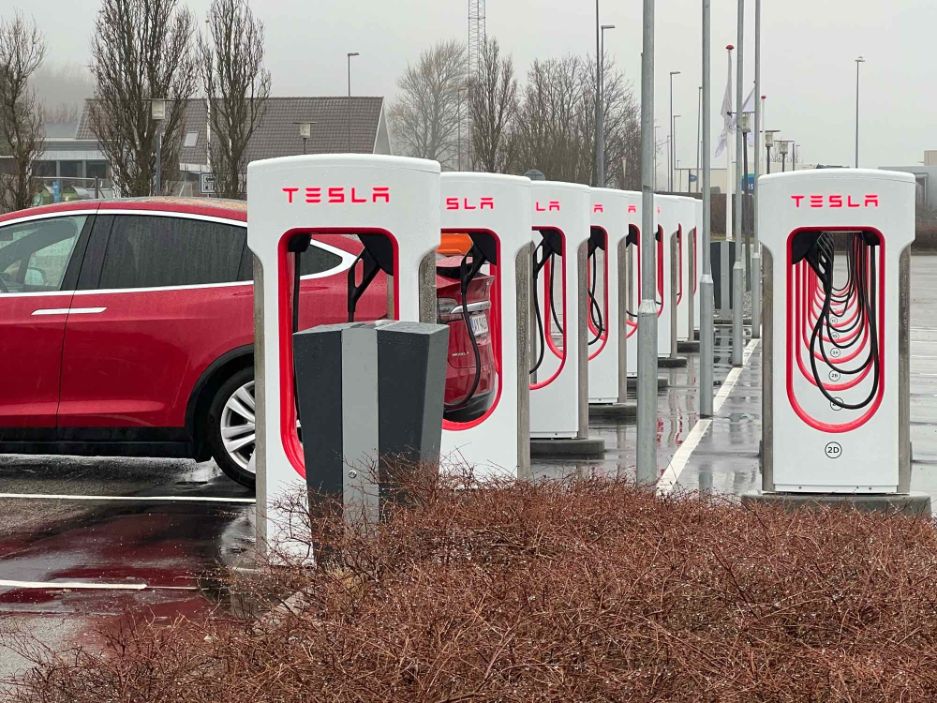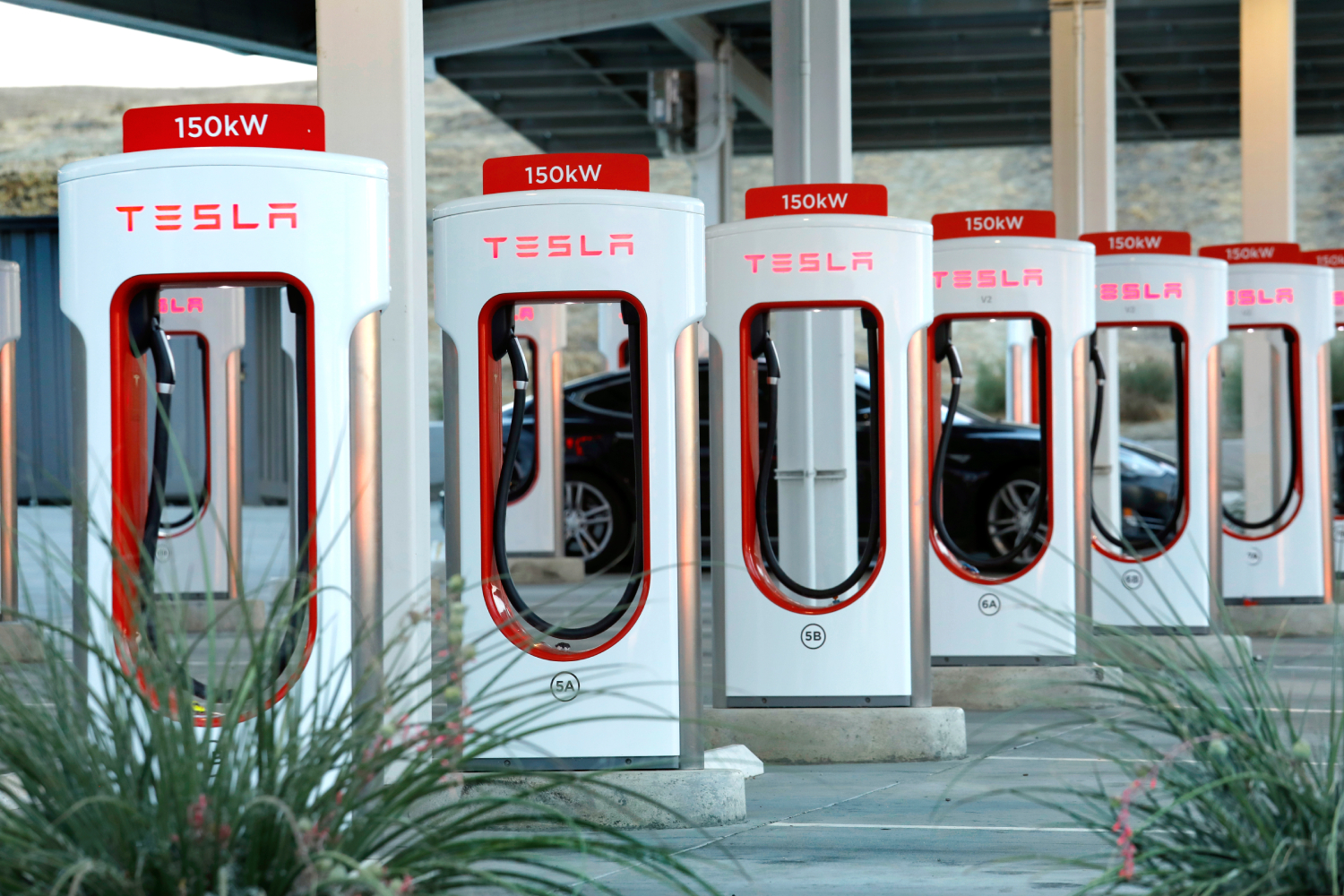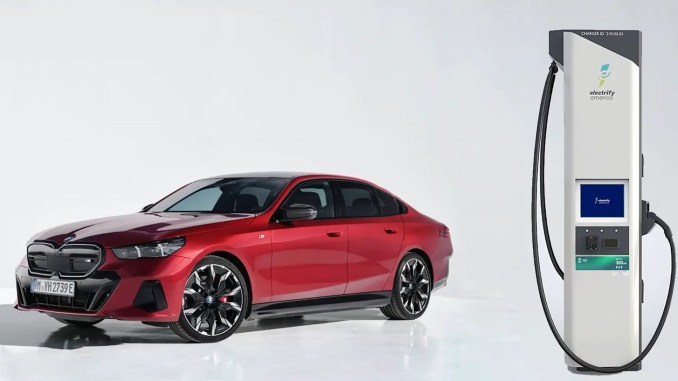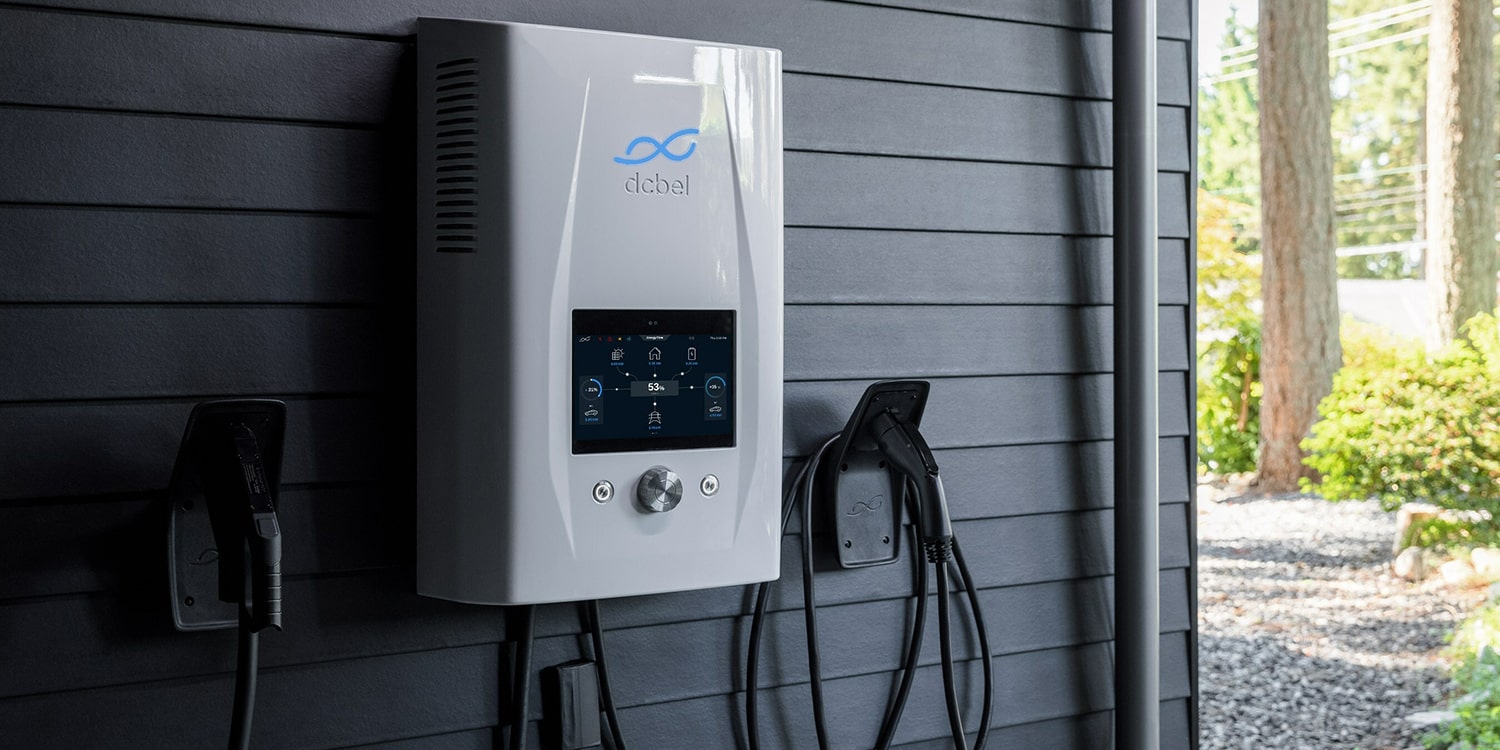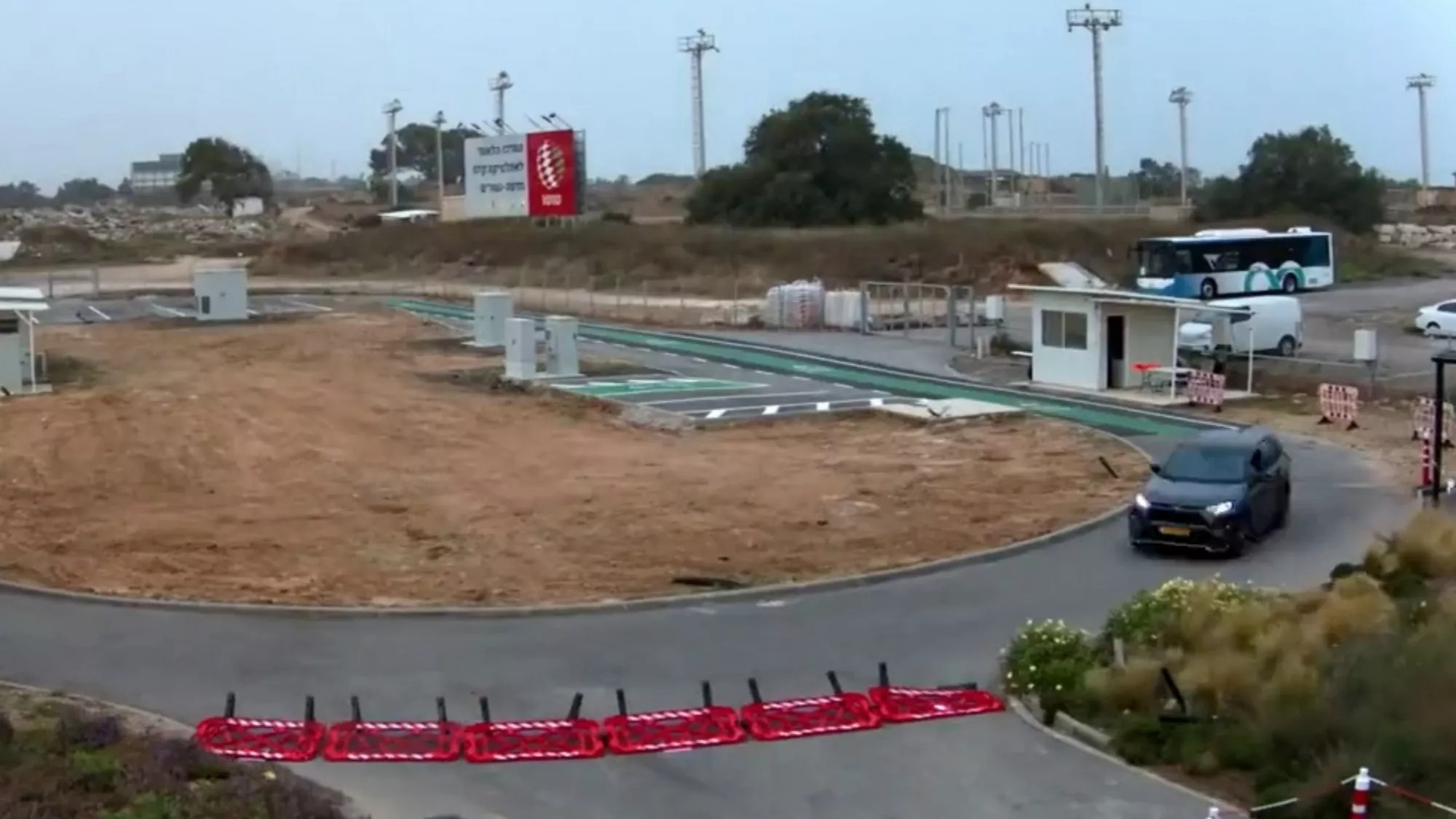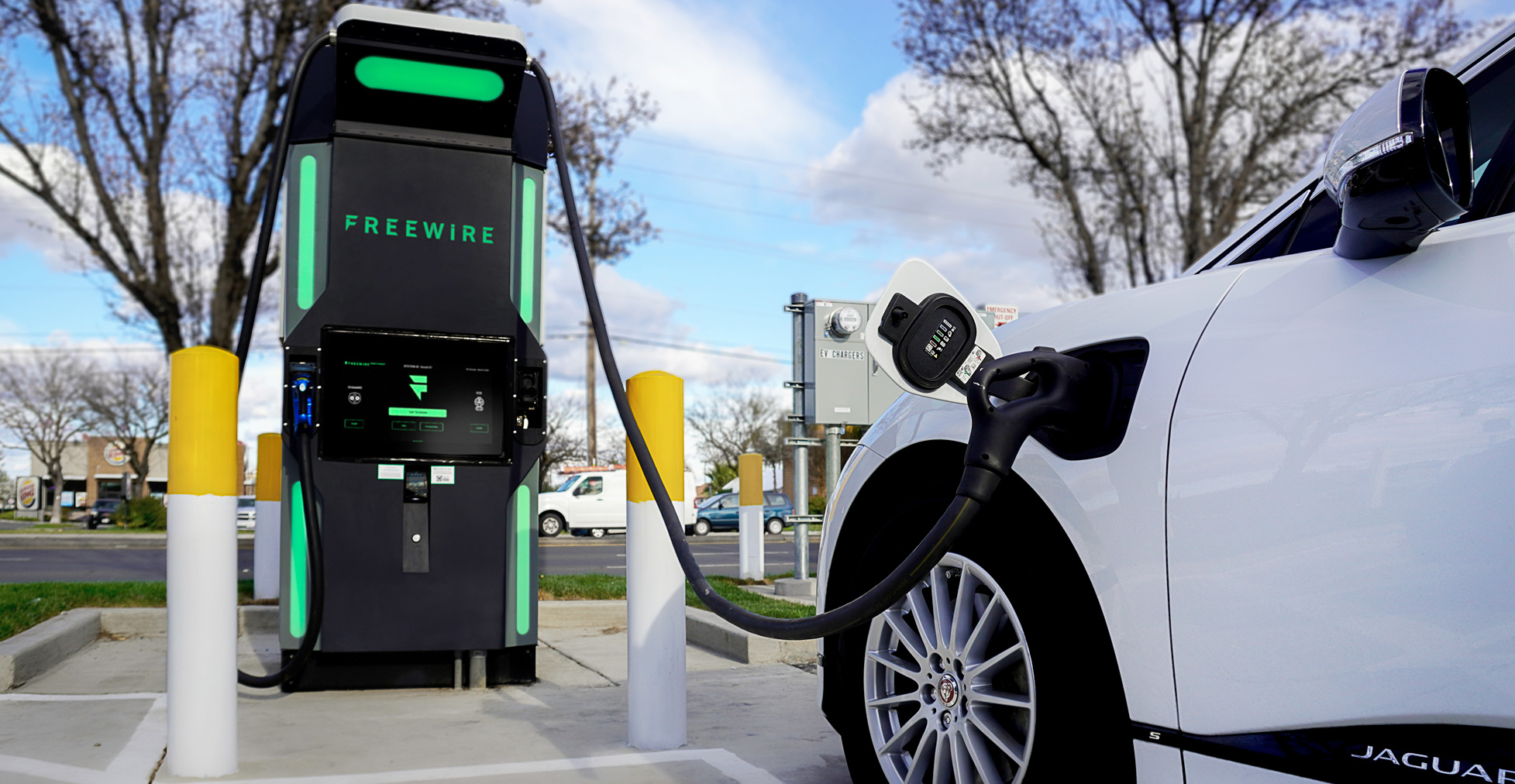In a groundbreaking move, Ford Motor Co has announced a partnership with Tesla Inc that will grant Ford electric vehicle (EV) owners access to Tesla’s extensive network of over 12,000 Superchargers in North America. This collaboration marks Ford as the first major automaker to embrace Tesla’s proprietary charging standard, providing them access to the largest network of high-speed Superchargers in the United States.
The availability of charging stations has long been regarded as a significant obstacle to widespread electric vehicle adoption, as experts and analysts have emphasized. Recognizing this challenge, Tesla had previously declared its intention to open its charging design to other automakers and charging network operators, a promise that is now being realized through its agreement with Ford.
Under this arrangement, Ford EVs equipped with the Combined Charging System (CCS) port will be able to access Tesla’s V3 Superchargers using a Tesla-developed adapter. However, starting in 2025, Ford plans to integrate Tesla’s charging standard directly into its future EVs, eliminating the need for an adapter and allowing for seamless access to Tesla Superchargers.
During an online Twitter Spaces conversation between Tesla CEO Elon Musk and Ford CEO Jim Farley, Musk expressed his desire for the Tesla supercharger network to be inclusive rather than exclusive. He emphasized the importance of supporting electrification and sustainable transportation as a whole. Farley responded positively, commending Tesla’s charging infrastructure for its reliability, ease of use, and strategic locations. He likened Tesla’s charging network to the high-speed Shinkansen trains in Japan, indicating that Ford could learn valuable lessons from Tesla’s approach.
As of now, Tesla possesses 17,711 Superchargers in the United States, constituting approximately 60% of the nation’s total fast chargers. These Superchargers are known for their ability to add several hundred miles of driving range within an hour, making them an attractive option for EV owners.
The announcement of the partnership took place during the Twitter Spaces conversation between Musk and Farley, held on Twitter’s platform, which Musk owns. It is worth noting that this discussion occurred without any technical glitches, in contrast to a recent chat between Musk and Florida Governor Ron DeSantis, which suffered from frequent crashes on the Twitter platform.
Earlier in the day, Farley had mentioned the potential for collaboration between auto companies in terms of infrastructure, a concept that he acknowledged as atypical for the industry. He emphasized the need for cooperation, especially between traditional automakers and new EV brands, to address common challenges. Farley also criticized the existence of multiple plugs for charging networks, describing it as “totally ridiculous” and highlighting the need for standardization in the industry.
Musk himself had previously praised Ford’s strategy regarding EVs and expressed admiration for the high demand for Ford’s electric F-150 Lightning. He also defended Ford against criticisms of losses in their electric vehicle business, noting the inherent challenges and thin margins associated with new vehicle lines, particularly during technological transitions.
Farley concluded the conversation by affirming Ford’s commitment to reaching out and collaborating with other companies, even competitors like Tesla, Nio Inc, and BYD. He emphasized that Ford’s approach is to embrace non-traditional partnerships to achieve progress, aligning with the company’s values and aspirations.
This move signifies a significant milestone in the electric vehicle market, as Ford’s utilization of Tesla’s Supercharger network will contribute to addressing the charging infrastructure gap. As the industry strives for broader EV adoption, this collaboration sets a precedent for future cooperation among automakers and charging network providers.

